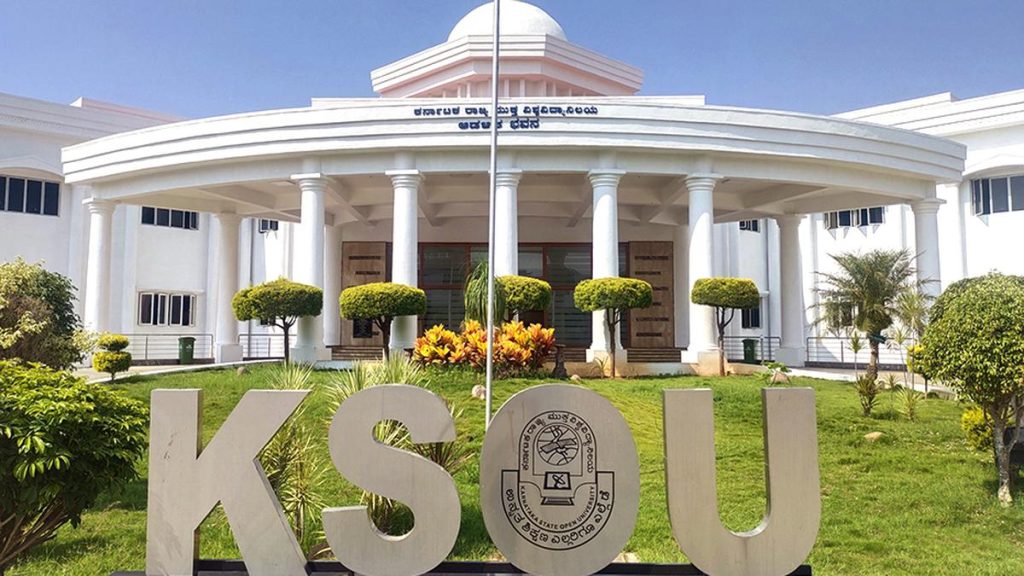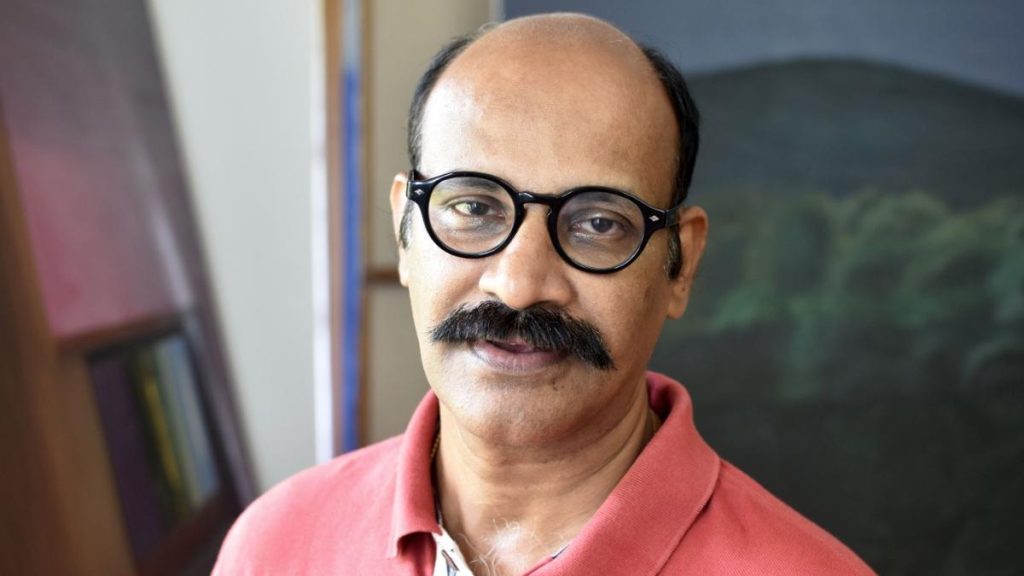Now Reading: J&K Parties Plan Tributes to 1931 Martyrs at Srinagar Gravesite
-
01
J&K Parties Plan Tributes to 1931 Martyrs at Srinagar Gravesite
J&K Parties Plan Tributes to 1931 Martyrs at Srinagar Gravesite

Rapid Summary
- Event Context: J&K regional parties,including National Conference (NC),Peoples Democratic Party (PDP),and J&K Apni Party (JKAP),have urged the restoration of official Martyrs’ Day ceremonies on July 13 in Jammu & Kashmir.The practice was suspended by the Lieutenant Governor’s administration during Central rule.
- National Conference Position: NC has written to Lieutenant Governor Manoj Sinha requesting july 13 (Martyrs’ day) and December 5 (birth anniversary of NC founder Sheikh Abdullah) be reintroduced as official holidays.They have sought permission for an official delegation’s visit to the 1931 Martyrs’ Graveyard in Srinagar.
- PDP Criticism: PDP president Mehbooba Mufti criticized NC’s efforts, calling it “lip service” as a similar proposal was previously rejected by the Speaker during her party’s resolution attempt. PDP plans to visit the Mazar-e-Shuhada independently on July 13, highlighting its historical significance.
- JKAP Demand: JKAP president Altaf bukhari supported reinstating july 13 as a gazetted holiday and requested administrative authorization for prayers at the Martyrs’ Graveyard.
- Historical significance: Martyrs’ Day honors civilians killed in protests against Dogra monarchy rule in Srinagar in 1931.
Indian opinion Analysis
The push from regional parties to restore ceremonial observance of Martyrs’ Day underscores their efforts to revive cultural and political traditions tied closely with J&K’s history prior to Article 370 abrogation. While their demands may resonate emotionally with many locals due to historical significance, legal constraints introduced post-abrogation could complicate immediate approval for thes changes.
From a governance perspective, this highlights persistent friction between elected state leaders and Union Territory administration over symbolic but politically charged decisions like recognition of holidays or access permissions. Regional unity observed among major parties such as NC, PDP, and JKAP on this issue may serve as an example of how cultural legacies can unify often-divided local political entities around shared concerns about preserving identity amidst larger national integration policies.
For policymakers at both state and national levels, balancing heritage preservation with evolving governance frameworks remains pivotal-allowing space for commemorative practices without undermining new administrative structures could foster inclusiveness while addressing regional grievances effectively. Any future resolution must factor both emotional appeal tied with such observances and also implications for wider policy consistency across India post article 370 removal reforms.Read More






















